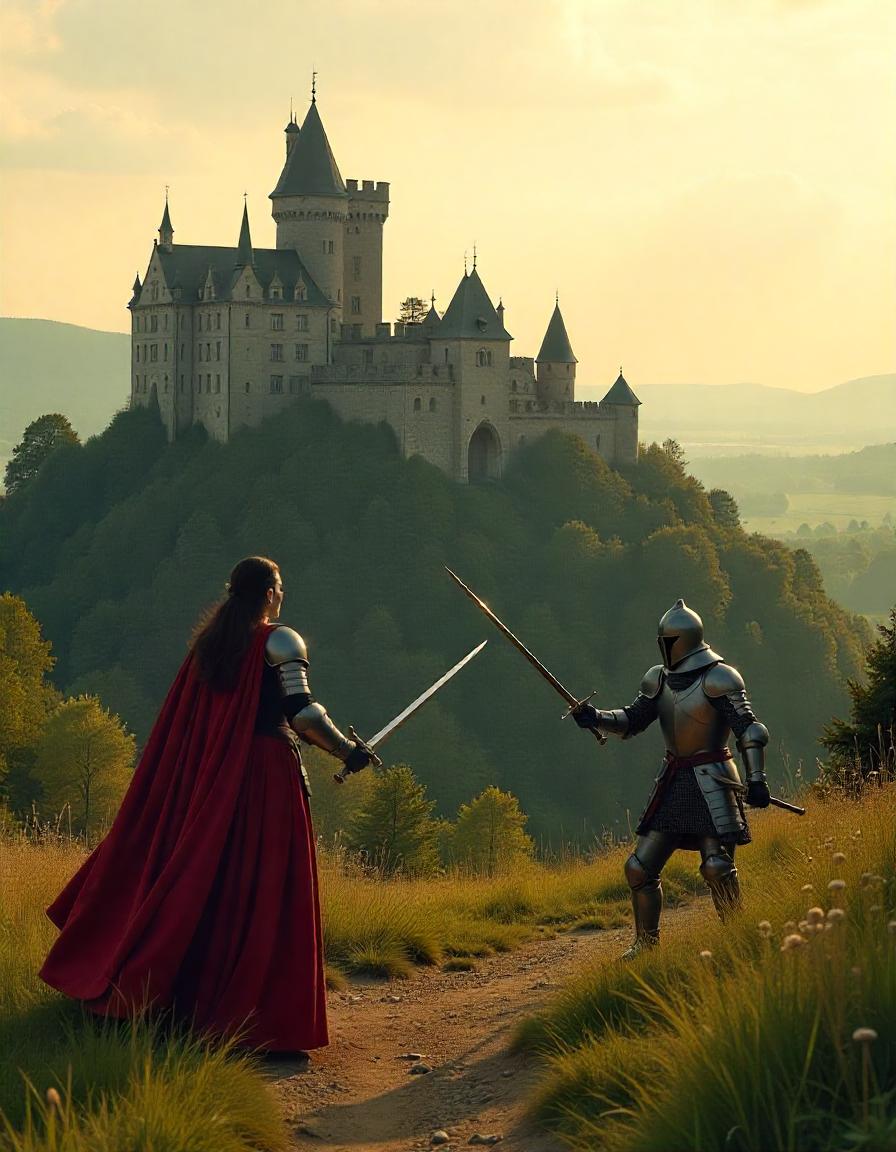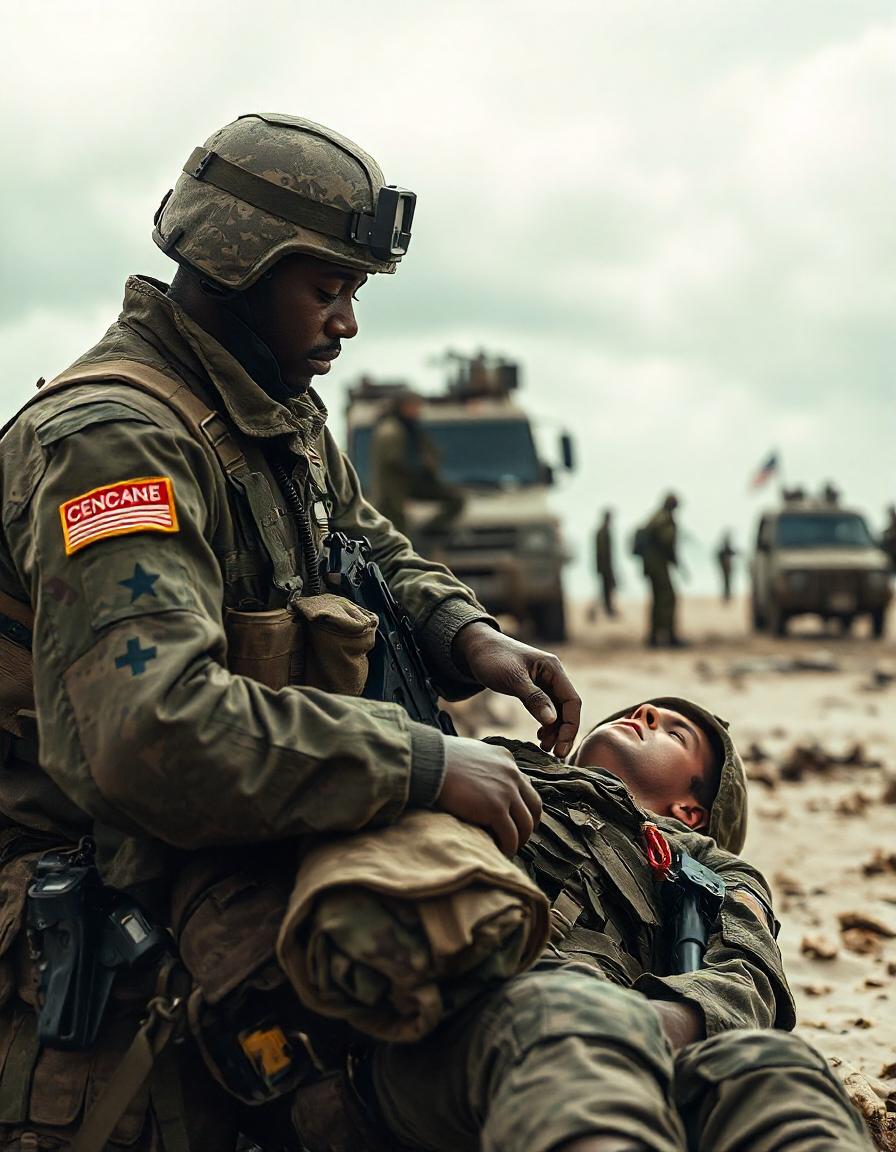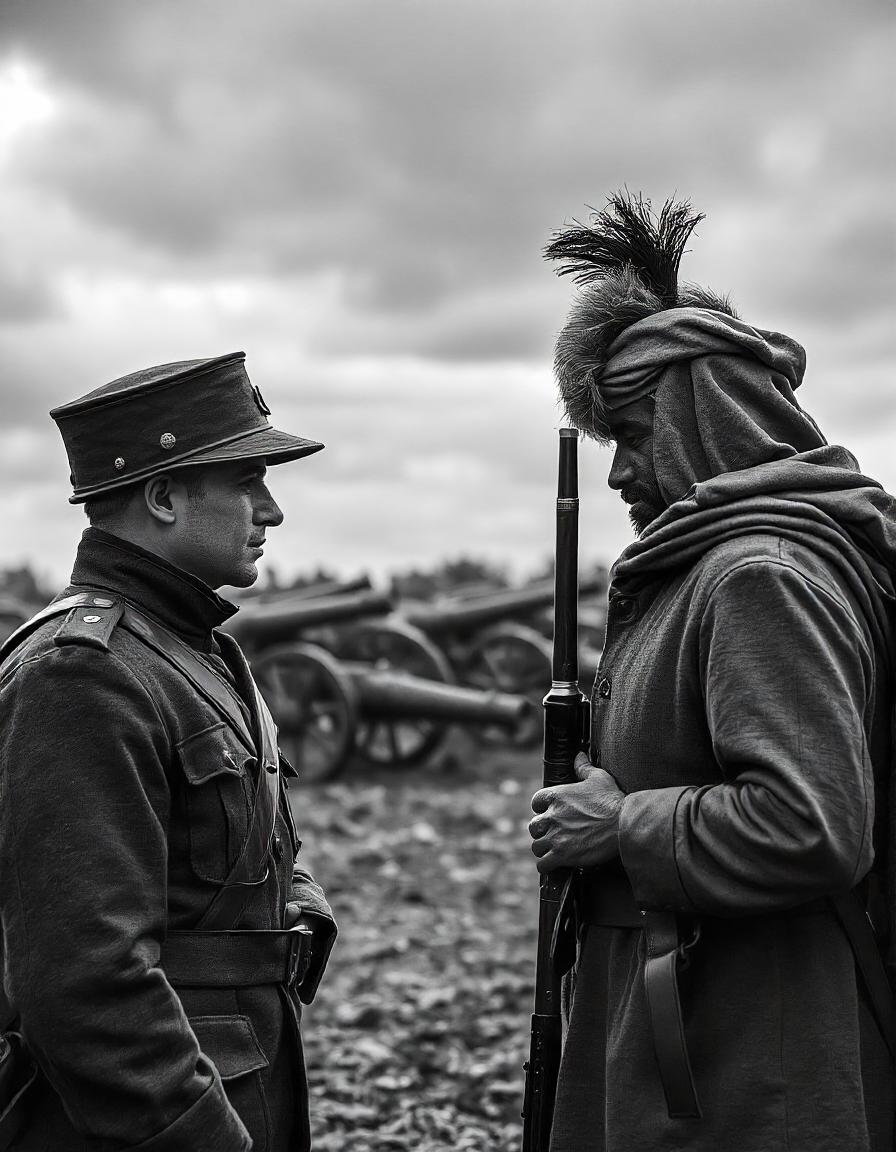The fall of the Berlin Wall on November 9, 1989, is one of the most symbolic and pivotal events in modern history. It marked the end of the Cold...
Fascism is one of the most powerful and destructive ideologies in modern history, marked by authoritarianism, nationalism, and the suppression of opposition. Its rise in the early 20th century,...
The Holocaust stands as one of the most horrific and defining events in human history, representing the systematic, state-sponsored persecution and murder of six million Jews and millions of...
The Suffragette movement is one of the most significant social movements in modern history, advocating for women’s right to vote and challenging societal norms about gender and equality. Spanning...
The Middle Ages, a period spanning roughly from the 5th to the 15th century, is a time often characterized by feudalism, religious influence, and the gradual rise of nation-states....
The Vietnam War, a prolonged conflict between communist North Vietnam and anti-communist South Vietnam, remains one of the most significant and contentious military engagements of the 20th century. The...
The Korean War, which lasted from 1950 to 1953, was a significant conflict that shaped the geopolitical landscape of East Asia and the world. The war was fought on...
D-Day, the code name for the Allied invasion of Normandy, took place on June 6, 1944, and remains one of the most significant military operations in world history. It...
The Battle of Waterloo, fought on June 18, 1815, stands as one of the most decisive and famous military engagements in European history. It marked the end of the...
The Age of Exploration, spanning from the late 15th century to the early 17th century, was a period of unprecedented global movement. It was driven by the quest for...










